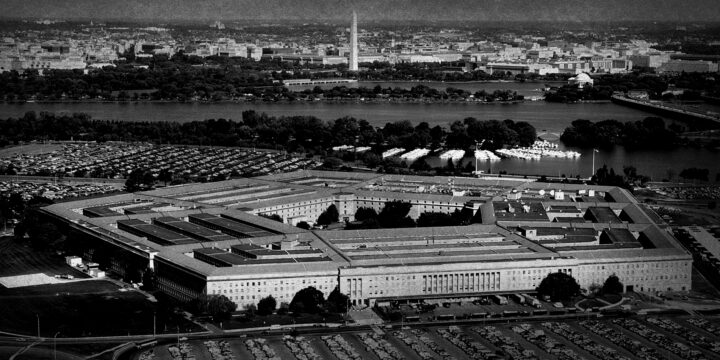July 1, 2025
There is no ‘axis of autocracy’

In the days since Israel and Iran agreed to end what President Donald Trump has dubbed “the 12-Day War,” much remains unknown. But one thing is clear: As Israeli and U.S. munitions were slamming into numerous Iranian nuclear, military and economic targets, Tehran’s so-called friends and allies stood on the sidelines.
This might come as a surprise to many foreign policy analysts, officials and lawmakers in Washington, D.C. Indeed, over the last several years, a budding assumption has taken hold within the foreign policy establishment that the United States’ most significant competitors and enemies—China, Russia, Iran and North Korea—are not only teaming up to complicate U.S. foreign policy goals and undermine American power but to shift the global balance in an authoritarian direction. The word “axis”—as in “Axis of Upheaval,” “Axis of Autocracies” or “Axis of Aggressors”—has been thrown around as if it were confetti at a parade.
The events in Iran over the last several weeks suggest this concept is far too simplistic. In fact, it could also be dangerous—potentially leading the United States to make bad decisions that, ironically, could create the very axis the bipartisan foreign policy blob sometimes hyperventilates about. By lumping all four countries together into one unified bloc, Washington risks papering over the considerable differences that exist between them and could sap the motivation for the United States to exploit those differences.
More on Asia

Featuring Lyle Goldstein
February 4, 2026

January 27, 2026

Featuring Lyle Goldstein
January 23, 2026
Events on Grand strategy






